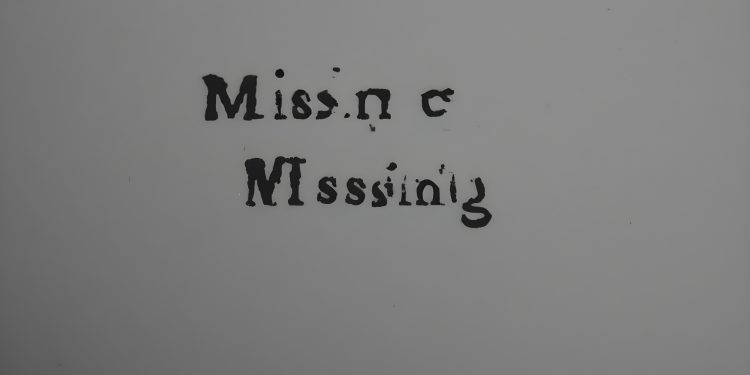The Purdue University community was shaken by the tragic death of 23-year-old Indian-American student Sameer Kamath, whose lifeless body was discovered in a nature preserve in Williamsport, Indiana. Authorities confirmed that Kamath, a doctoral candidate in mechanical engineering and a US citizen, succumbed to a self-inflicted gunshot wound to the head.
The grim discovery occurred on February 5, around 5 pm, in the serene surroundings of NICHES Land Trust – Crow’s Grove. Justin Brummett, Coroner at Warren County Coroner’s Office, disclosed in a press release that a forensic autopsy was conducted on Kamath on February 6 in Crawfordsville, Indiana.
Preliminary findings from the autopsy revealed that Kamath’s cause of death was a “gunshot wound of the head,” deemed a tragic suicide. While awaiting the toxicology report, authorities collaborated with multiple local and federal agencies to investigate the circumstances leading to Kamath’s untimely demise.
The Warren County Coroner’s Office, in conjunction with the Warren County Sheriff’s Office, Purdue University Administration, and other supporting agencies, is meticulously scrutinizing the details surrounding Kamath’s death. Brummett expressed heartfelt condolences to Kamath’s grieving family, urging respect and sensitivity during this difficult period.
Kamath’s academic journey at Purdue University was abruptly cut short by his tragic demise. Renowned for his dedication and scholarly pursuits, Kamath was a promising doctoral candidate in mechanical engineering. Head of Mechanical Engineering, Eckhard Groll, conveyed his condolences to the Mechanical Engineering (ME) community, shedding light on Kamath’s academic background and aspirations.
Originally hailing from Massachusetts, Kamath graduated with a bachelor’s degree in mechanical engineering from the University of Massachusetts Amherst before joining Purdue University in the summer of 2021. With aspirations to contribute to his field, Kamath envisioned completing his doctoral program in 2025, as indicated by his LinkedIn profile.
The news of Kamath’s death reverberated across the Purdue University campus and beyond, adding to a series of tragic incidents among students of Indian-origin and from India studying in the United States. Just last month, the Purdue community mourned the loss of 19-year-old Neel Acharya, another Purdue student, whose lifeless body was discovered on campus after he was reported missing. Authorities confirmed no signs of foul play in Acharya’s demise.
The wave of sorrow extended beyond Purdue University, reaching across the nation as news emerged of 25-year-old Indian student Vivek Saini’s brutal death in Georgia. Saini fell victim to a merciless hammer attack by a homeless drug addict, underscoring the vulnerability of Indian students studying abroad.
In a separate incident, Syed Mazahir Ali, a student from Hyderabad pursuing a Masters in information technology, faced a traumatic assault in Chicago when he was chased and brutally attacked by three unidentified assailants. These distressing events underscore the urgent need for enhanced safety measures and support systems for international students in the United States.
The tragic loss of Sameer Kamath serves as a poignant reminder of the mental health challenges often faced by students navigating the pressures of academia and personal life. As universities and communities grapple with the aftermath of such devastating losses, there is a collective call for increased awareness and resources to support mental health and well-being among students.
In the wake of Kamath’s untimely death, the Purdue University community stands united in grief, honoring his memory and cherishing the impact he made during his time at the university. May his legacy inspire meaningful conversations and proactive measures to prioritize the mental health and welfare of students across campuses nationwide.
As investigations continue and communities mourn, may we reaffirm our commitment to fostering environments of care, compassion, and support for all students, ensuring that tragedies like Kamath’s death serve as catalysts for positive change and collective action in promoting mental wellness and resilience within academic communities.











